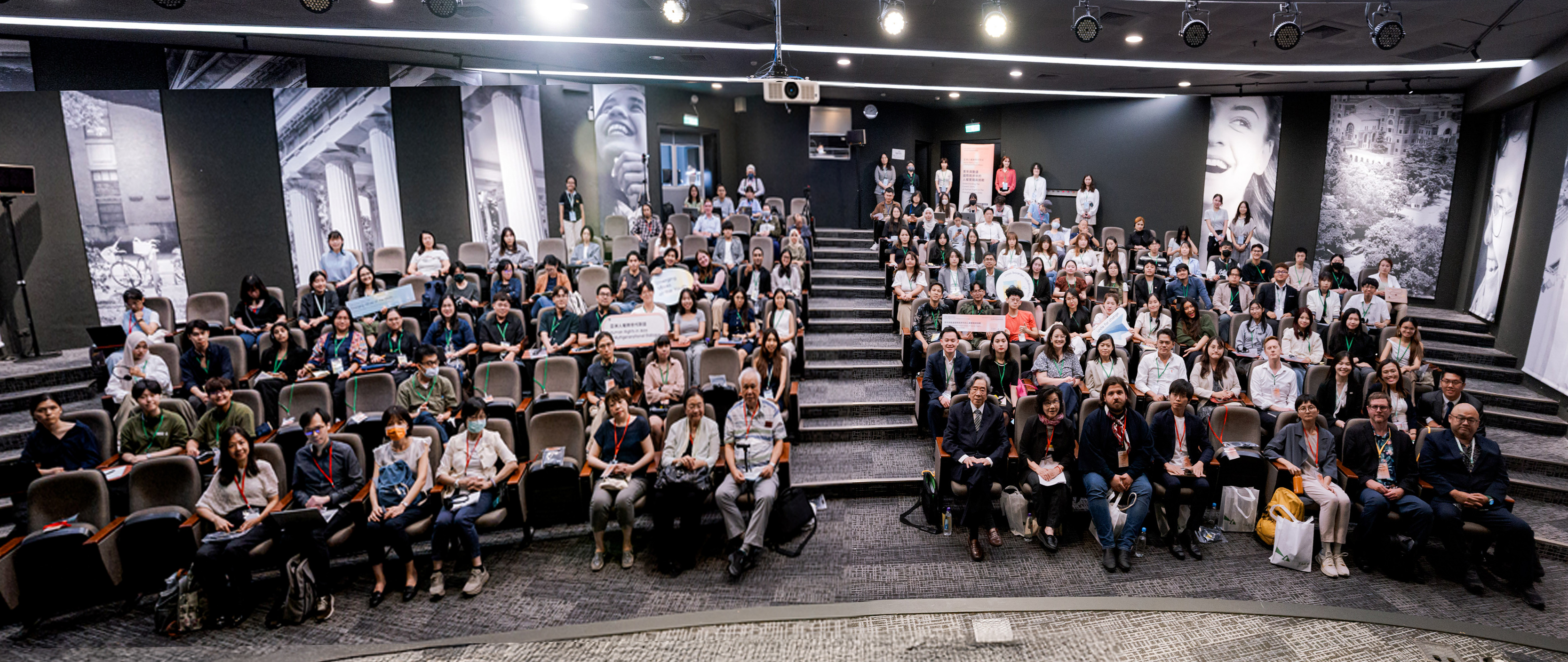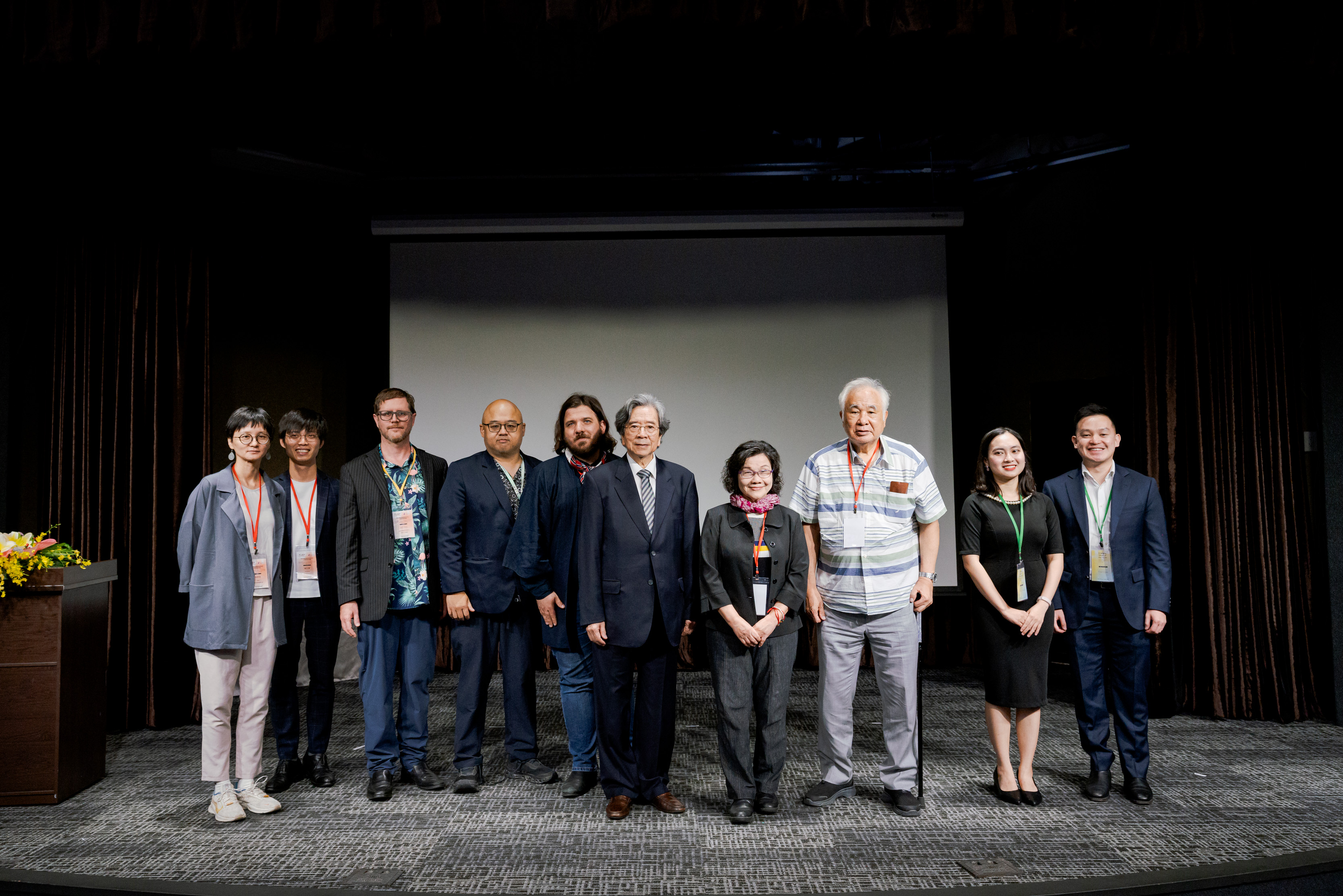
The Taiwan-Asia Exchange Foundation (TAEF) and the National Human Rights Commission (NHRC) co-hosted the “2025 Human Rights in Asia: A Multi-Generational Dialogue” on the afternoon of July 15 at the GIS NTU Convention Center. This year’s forum, themed “Understanding the Current State of Human Rights in the Changing World Order,” explored how young people across the Asia-Pacific region are defending human rights through grassroots activism and transnational advocacy, in the face of growing authoritarianism, disinformation, digital surveillance, and the weakening of international institutions. The event brought together over a hundred participants, including representatives from Taiwan’s human rights organizations, think tanks, foreign missions, and government agencies, all united in their concern for the current and future state of human rights development.
The forum featured a distinguished lineup of speakers, including Hsin-Huang Michael Hsiao, Chairman of the Taiwan-Asia Exchange Foundation (TAEF); Yang Hao, Executive Director of TAEF; Wang Yu-Ling, Vice Chairperson of the National Human Rights Commission; Marcin Jerzewski, Head of the Taiwan Office at the European Values Center for Security Policy; Lai You-Hao, Non-Resident Fellow at the Research Institute for Democracy, Society and Emerging Technology (DSET); Yeh-Chung Lu, Deputy Executive Director of the Taiwan Foundation for Democracy; and E-Ling Chiu, National Director of Amnesty International Taiwan. In addition, the forum welcomed two international youth representatives: Paul Sigar, CEO of the ASEAN-Australia Strategic Youth Partnership (Malaysia), and Thi Hoai Anh Le, a master’s student at the University of Padova (Vietnam).
Chairman Hsiao of the TAEF opened the forum by addressing the ongoing reconfigurations not only in politics but also in democratic norms and identities—transformations that are inevitably redefining the very foundations of human rights. In this context, Hsiao underscored the vital role of “grassroots energy” in shaping youth-led movements across Asia. These efforts, he noted, “preserve the past legacies of struggles” while broadening “our collective understanding of what human rights mean today.” Reflecting on Taiwan’s unique historical experience, Hsiao highlighted the nation’s journey as a powerful testament to the impact of civic participation and multigenerational resilience. He emphasized that enabling young people to participate and be heard not only bridges generational divides but also “fosters mutual understanding and a shared commitment to protecting and advancing human rights for all.” He noted that the forum provides a vital platform where “human rights can be discussed not just as inherited legacies, but as living concepts—shaped and reshaped by each generation.” Hsiao concluded by affirming that “today’s dialogue is rooted in the idea that young people should not only be included in the conversation about human rights—they should be helping to define it.”
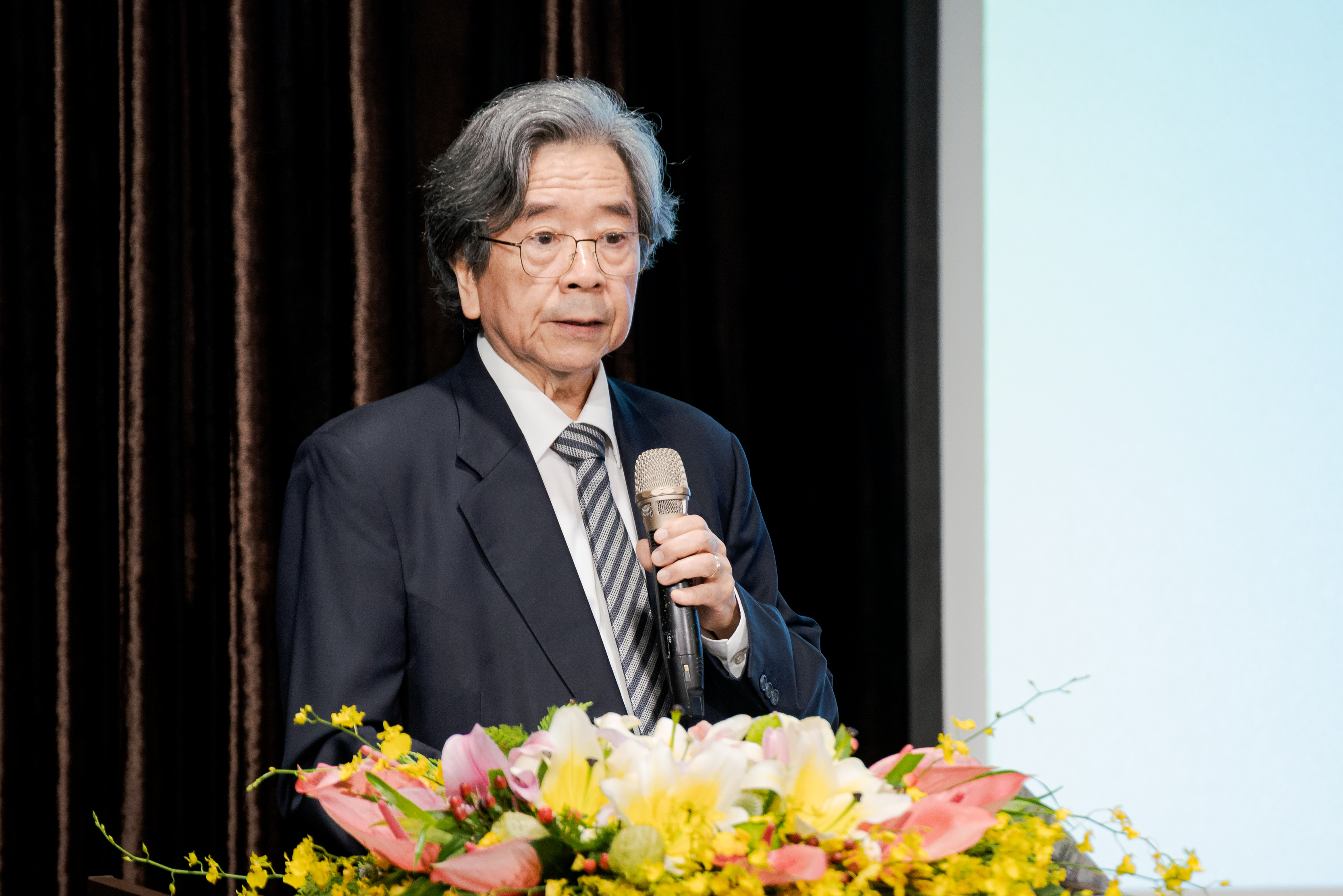
Vice Chairperson Wang Yu-Ling of the NHRC underscored the importance of empowering young people to shape democratic values from the ground up, particularly in the face of rising authoritarianism, populism, digital surveillance, and disinformation. She highlighted Taiwan’s leadership, stating that “Taiwan has become the beacon of human rights in the world” and is committed to supporting others in the region through a “cycle of kindness” in human rights development. Reflecting on Taiwan’s journey from martial law to democracy, Wang acknowledged the essential role of both domestic and international support, noting that the establishment of the NHRC in 2020 marked a critical step in aligning with global human rights standards. “Our mission is to implement international human rights conventions, and to protect and promote human rights,” she affirmed. Domestically, the NHRC works closely with government agencies and civil society to monitor and advance human rights practices; internationally, it draws from global experiences to strengthen its efforts and contribute meaningfully to regional progress. Looking ahead, Wang encouraged youth leaders to remain inspired by Taiwan’s experience and to continue pursuing justice, equality, and democratic development in their home countries—with Taiwan standing “as a partner, not a teacher.”
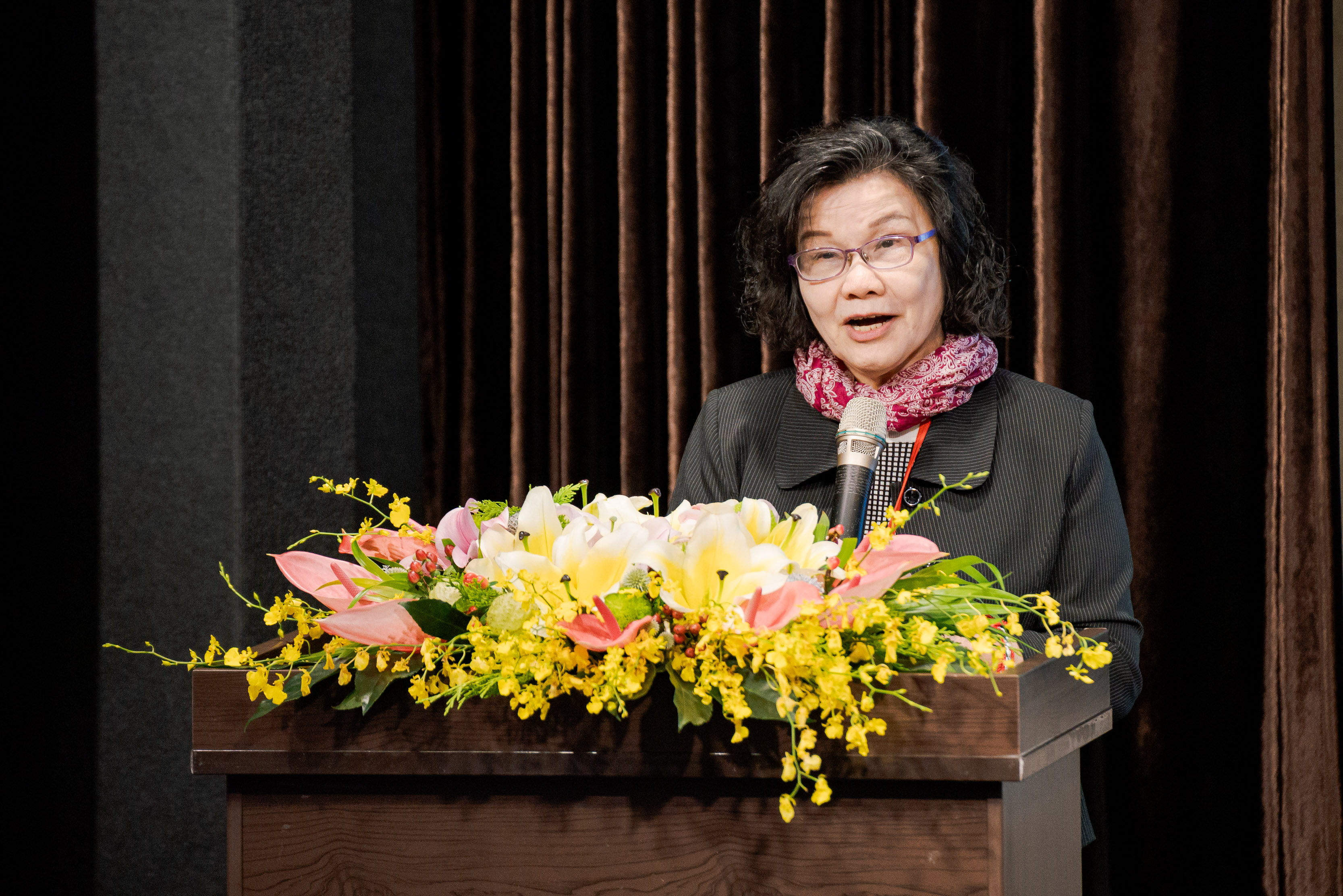
Following the opening remark, Marcin Jerzewski delivered a keynote speech on the evolving landscape of human rights in Europe, noting the ongoing decline in democratization and the global rise of authoritarianism. Turning to Taiwan, he pointed out persistent issues such as migrant worker rights and the ongoing debate around human dignity. Jerzewski encouraged younger generations to see these challenges as “incentives” to foster more “horizontal conversations” across sectors and societies. He emphasized the need for actionable frameworks, stating, “It is important, especially for young leaders, to have these light posts—success stories that can guide us in the right direction of making sure that human rights protection regimes are strong and resilient.” He further underscored the urgency of turning “intersectional resilience” from a buzzword into a practical, operational goal for building more inclusive and durable rights-based systems.
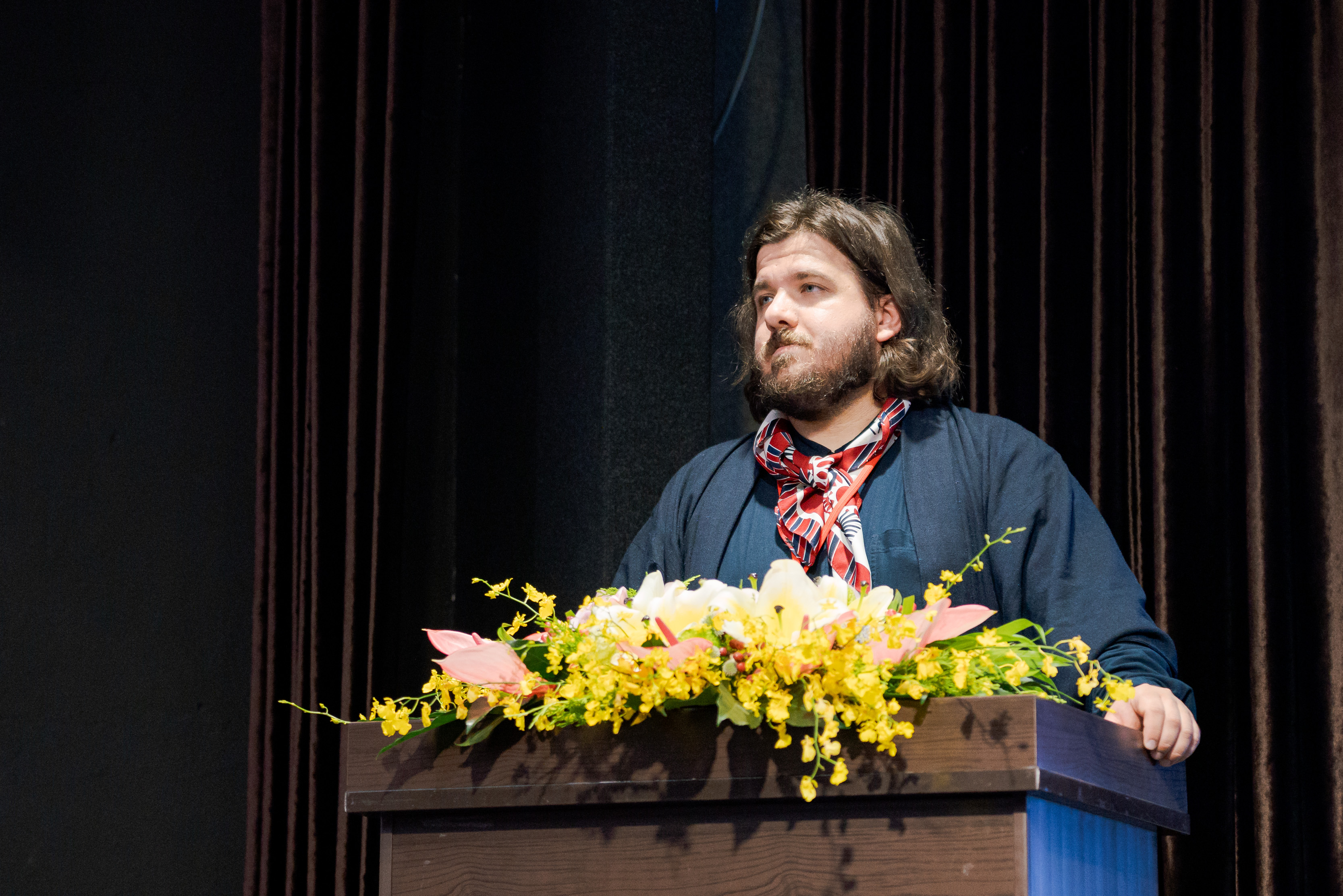
The second half of the forum, moderated by NHRC Vice Chairperson Wang Yu-Ling, featured speaker insights based on their expertise. Lai You-Hao discussed how digital-native civic engagement is reshaping public space and legal norms; Yeh-Chung Lu analyzed the U.S.–China rivalry’s impact on Asia’s human rights landscape and the role of Taiwanese youth in global advocacy; and E-Ling Chiu emphasized the importance of addressing emerging issues like digital rights and climate justice in collaboration with youth. International delegates Paul Sigar (Malaysia) and Thi Hoai Anh Le (Vietnam) also shared their experiences in youth-led activism. The session highlighted Taiwan’s regional contributions and the growing influence of Asia-Pacific youth in defending human rights through intergenerational and cross-cultural dialogue.
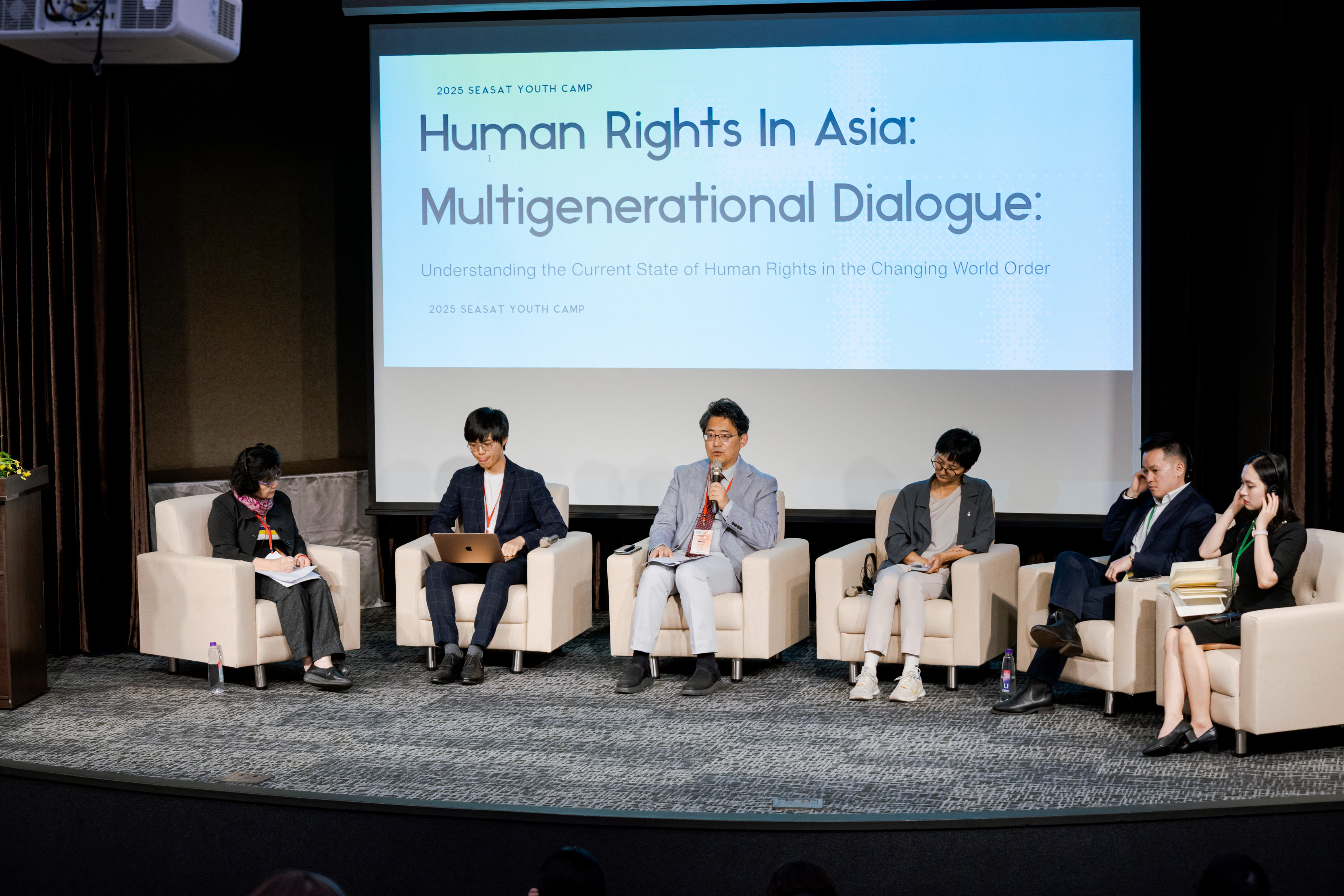
In his closing remark Executive Director Alan Hao Yang of TAEF, emphasized that the challenges facing human rights today are universal and require collective efforts to safeguard freedom and dignity. “We were born and live in a world where human rights should be universal,” he stated, noting that younger generations have grown up with the expectation of freedom and human rights as fundamental values. Reflecting on Taiwan’s democratic transformation, he highlighted the morning’s site visit as a powerful reminder of the country’s authoritarian past and the ongoing journey toward justice. “This forum,” Dr. Yang added, “serves as an intellectual interface that invites multigenerational, multidirectional insights to enrich your understanding of the progressive nature of human rights development in Taiwan and beyond.” He expressed his belief that the young leaders of the future become pioneers in advancing human rights through meaningful engagement and transnational collaboration.
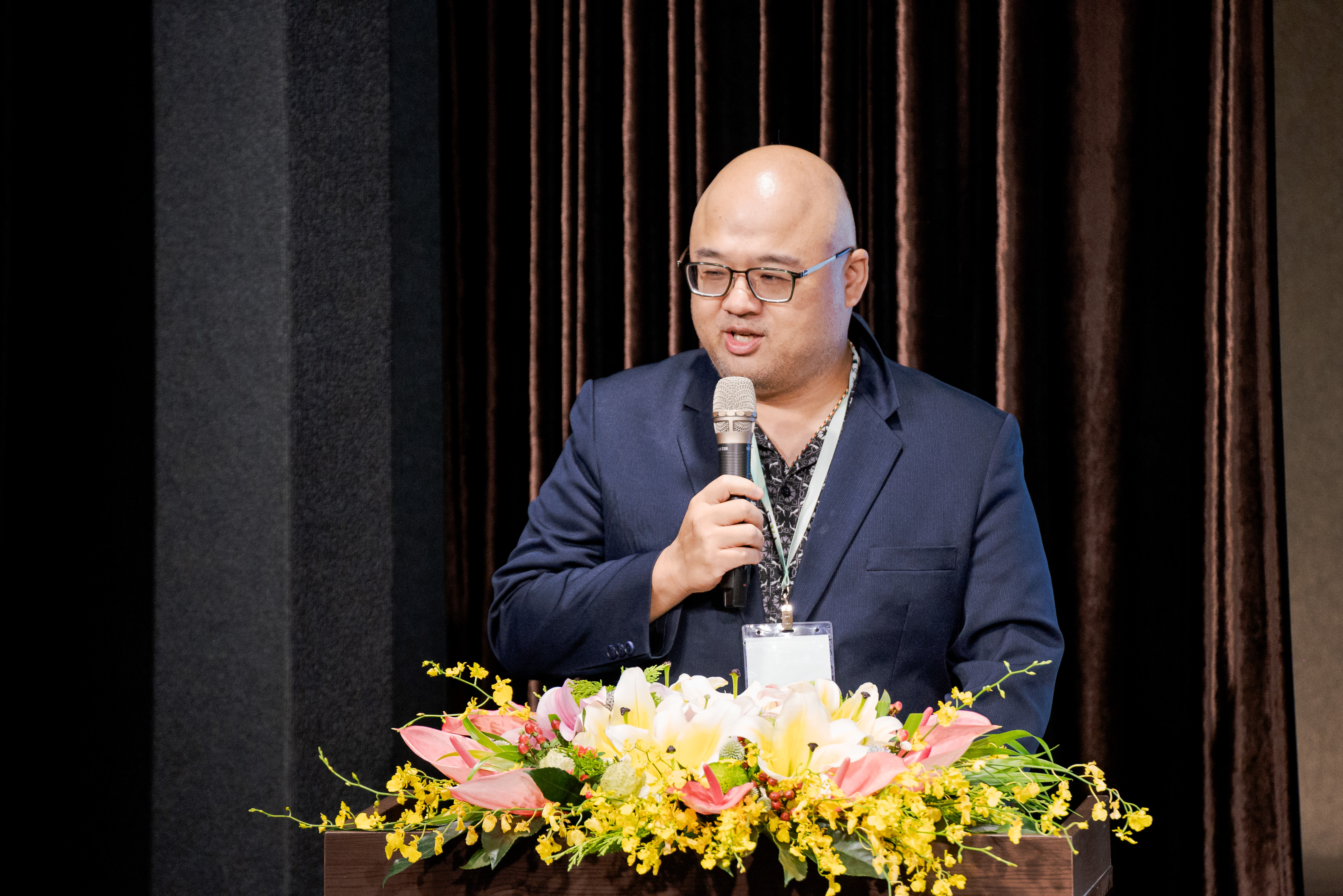
A book gifting ceremony was also held on the sidelines of the forum, featuring Yao Chia-wen, Senior Advisor to the President of the Republic of China. Advisor Yao personally signed copies of his book, A Hundred Years of Democracy in Taiwan: A Cross-Century Democratic Movement, to TAEF Chairman Hsin-Huang Michael Hsiao, TAEF Executive Director Yang Hao, NHRC Vice Chairperson Wang Yu-Ling, NHRC Commissioner Wang Jung-Chang, Amnesty International Taiwan National Director E-Ling Chiu, and Taiwan Foundation for Democracy Deputy Executive Director Yeh-Chung Lu.
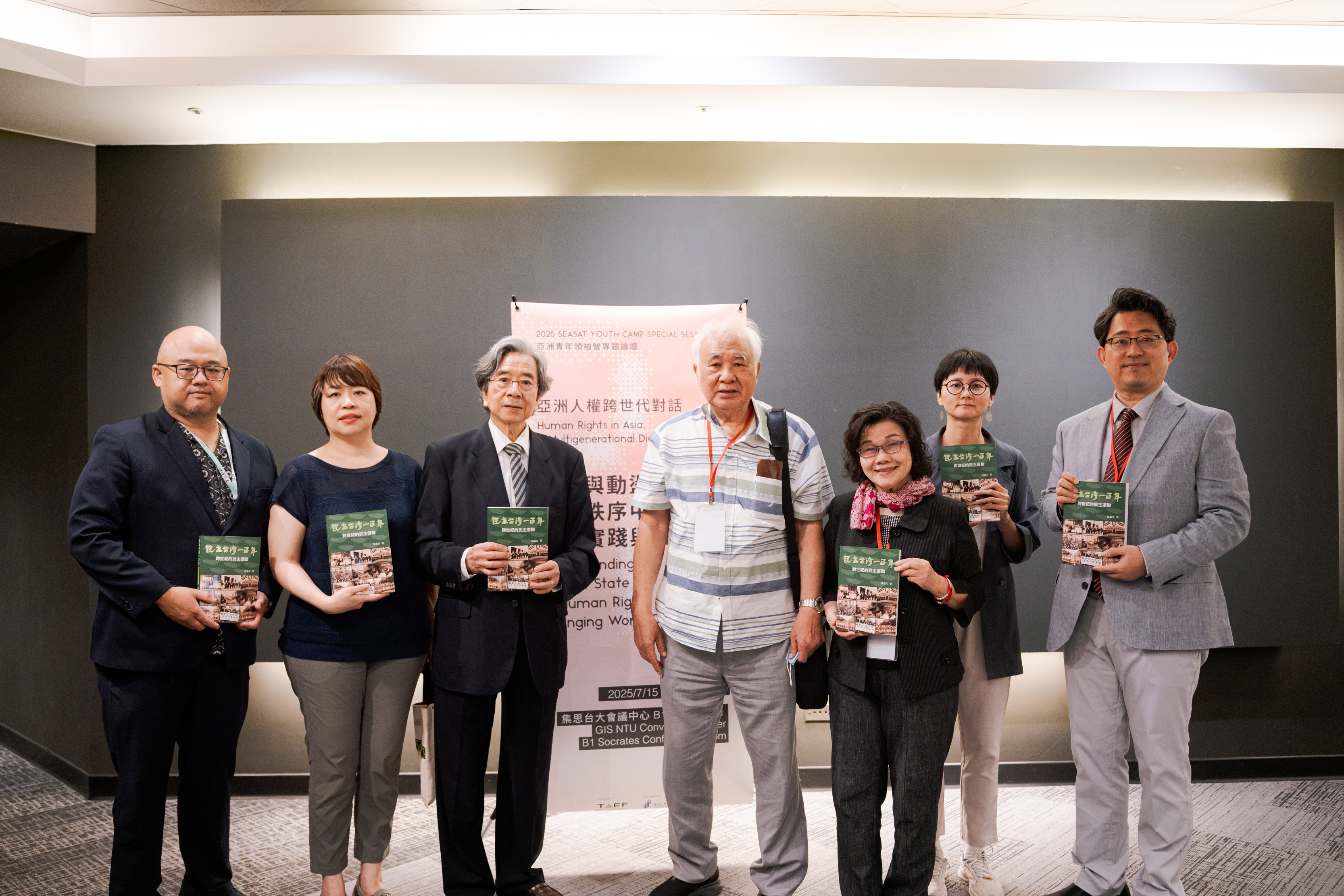
This forum was held as a special session of the 2025 SEASAT Youth Camp, organized by the Taiwan-Asia Exchange Foundation (TAEF), which brings together 45 young and emerging leaders aged 18 to 29 from Taiwan, Southeast Asia, South Asia, and other like-minded countries—representing a total of 16 nations. Earlier that day, the delegates visited the National Human Rights Museum, where they engaged in a meaningful dialogue with Senior Advisor Yao Chia-wen reflecting on Taiwan’s human rights journey and deepening their understanding of the region’s democratic challenges and aspirations.
